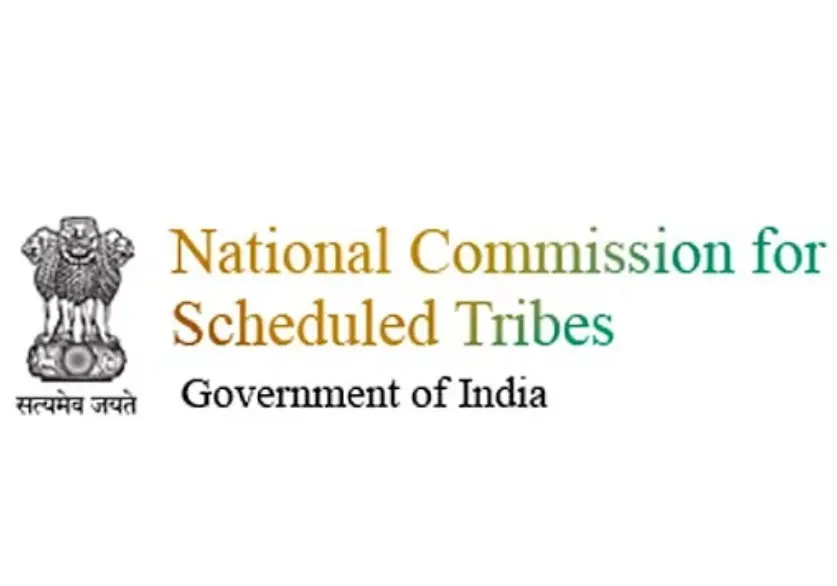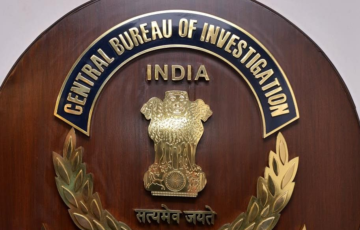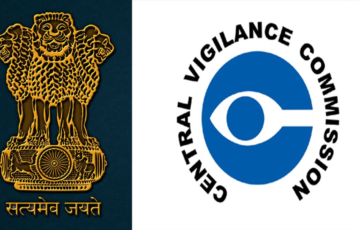NATIONAL COMMISSION FOR SCHEDULED TRIBES
- The information you provided is accurate and describes the National Commission for Scheduled Tribes (NCST) in India. The NCST is indeed a constitutional body established to safeguard the interests of Scheduled Tribes in the country. It was created through the 89th Constitution Amendment Act in 2003, which introduced Article 338A into the Indian Constitution. This constitutional amendment empowers the NCST to monitor the implementation of various protections and safeguards provided to Scheduled Tribes under the Constitution, other legislation, or government orders. The primary role of the NCST is to evaluate the effectiveness of these safeguards and ensure the well-being and development of Scheduled Tribes.
- The NCST and its officers actively participate in the formulation of policies and the implementation of developmental programs for Scheduled Tribes, including the Tribal Sub-Plan. This involvement helps address the specific needs and challenges faced by Scheduled Tribes and promotes their social, economic, and educational development. The commission plays a crucial role in ensuring that the constitutional provisions and laws aimed at protecting the rights and interests of Scheduled Tribes are effectively implemented and enforced.
Composition of NCST
- The composition of the NCST includes a Chairperson, a Vice-Chairperson, and three other members. These members are appointed by the President of India through a warrant under his hand and seal.
- In addition to their appointment, the conditions of service and the tenure of office for the Chairperson, Vice-Chairperson, and other members of the NCST are determined by the President. This implies that the President sets the rules and regulations regarding the terms of service, benefits, and duration of their appointments, ensuring that the functioning and effectiveness of the commission are aligned with the government’s policies and objectives.
Functions of NCST
- Investigate and Monitor: The Commission is responsible for investigating and monitoring all matters related to the safeguards provided for Scheduled Tribes under the Indian Constitution, existing laws, and government orders. The purpose is to assess how these safeguards are functioning in practice.
- Inquire into Rights: The Commission is authorized to inquire into specific complaints regarding the deprivation of rights and safeguards of Scheduled Tribes. This means it addresses and investigates complaints from individuals or groups who believe their rights have been violated.
- Planning Process: The Commission is expected to participate in and provide advice on the planning process for the socio-economic development of Scheduled Tribes. Additionally, it evaluates the progress of development initiatives for these communities at both the national (Union) and state levels.
- Report: The Commission must annually submit reports to the President of India on the functioning of safeguards and the status of Scheduled Tribes’ well-being and development. It may also present reports at other times if it deems necessary.
- Recommendations: In these reports, the Commission is empowered to make recommendations on measures that should be taken by both the Union (central government) and state governments to ensure the effective implementation of safeguards and to promote the protection, welfare, and socio-economic development of Scheduled Tribes.
- Protection and Welfare: The Commission also has the authority to perform other functions related to the protection, welfare, development, and advancement of Scheduled Tribes, as may be specified by the President of India. These additional functions should be in accordance with the provisions of any law made by Parliament and rules specified.
Other Functions of NCST
- In 2005, the President outlined additional functions for the National Commission for Scheduled Tribes (NCST) in relation to the preservation, welfare, development, and progress of Scheduled Tribes in India. These additional functions are aimed at addressing various challenges and promoting the well-being of Scheduled Tribes:
- Ownership Rights over Minor Forest Produce: Implementation of measures to grant Scheduled Tribes living in forest regions ownership rights over minor forest produce. This is an important step to recognize and support their traditional rights and livelihoods related to forest resources.
- Protection of Rights to Mineral and Water Resources: Measures should be taken to protect the rights of indigenous groups over mineral resources and water resources. This is crucial for ensuring that these communities’ benefit from the natural resources found in their areas.
- Tribal Development and Livelihood Alternatives: Implementation of measures to promote tribal development and the establishment of more viable livelihood alternatives. This is aimed at improving the socio-economic conditions of Scheduled Tribes.
- Relief and Rehabilitation for Displaced Tribes: Initiatives to increase the effectiveness of relief and rehabilitation measures for tribal groups displaced by development projects. This is important for addressing the challenges faced by tribes affected by development activities.
- Preventing Eviction and Ensuring Rehabilitation: Measures to prevent tribal people from being evicted from their land and ensuring adequate rehabilitation for those who have already been evicted. This is crucial for protecting the land and livelihoods of tribal communities.
- Cooperation in Forest Protection and Social Afforestation: Measures to elicit maximum cooperation and participation from tribal people in the protection of forests and the implementation of social afforestation. This promotes sustainable forest management and conservation.
- Implementation of Panchayats Act in Scheduled Areas: Measures to ensure the full implementation of the Panchayats (Extension to Scheduled Areas) Act of 1996. This act provides for local self-governance in scheduled areas, allowing tribal communities to have a say in their local governance.
- Reduction of Shifting Cultivation: Measures to decrease and eventually abolish the practice of shifting cultivation among tribal communities. Shifting cultivation has environmental and socio-economic impacts, and its reduction is aimed at empowering tribal communities and preserving the environment.
Power of NCST
- The National Commission on Social Surveys (NCST) reports are presented to the Indian Parliament by the President, containing the Commission’s findings, recommendations, and other relevant information. The President also submits a memorandum detailing the actions taken or proposed in response to the recommendations, providing a clear explanation for any rejected or not fully implemented recommendations.
- If the report is relevant to a specific state government, the President submits it to the state governor. The state governor presents the report to the state legislature, allowing the state government to consider and act on the recommendations. The state governor also provides a memorandum detailing the actions taken or proposed by the state government in response to the recommendations.
| Xaxa Committee |
The High-Level Committee, chaired by Prof. Virginius Xaxa, was constituted by the Prime Minister’s Office in 2013 with the objective of examining the socio-economic, educational, and health status of tribal communities and recommending measures for improvement. The key recommendations of the committee are as follows:
These recommendations aim to address the socio-economic, educational, and health disparities faced by tribal communities and to improve their overall well-being and development. |













